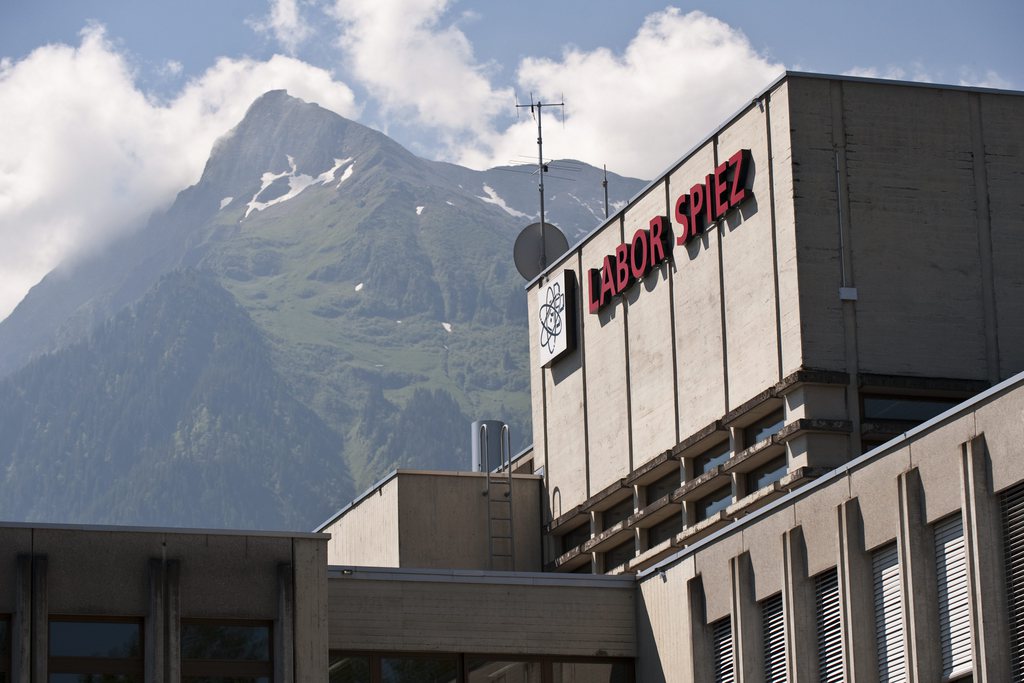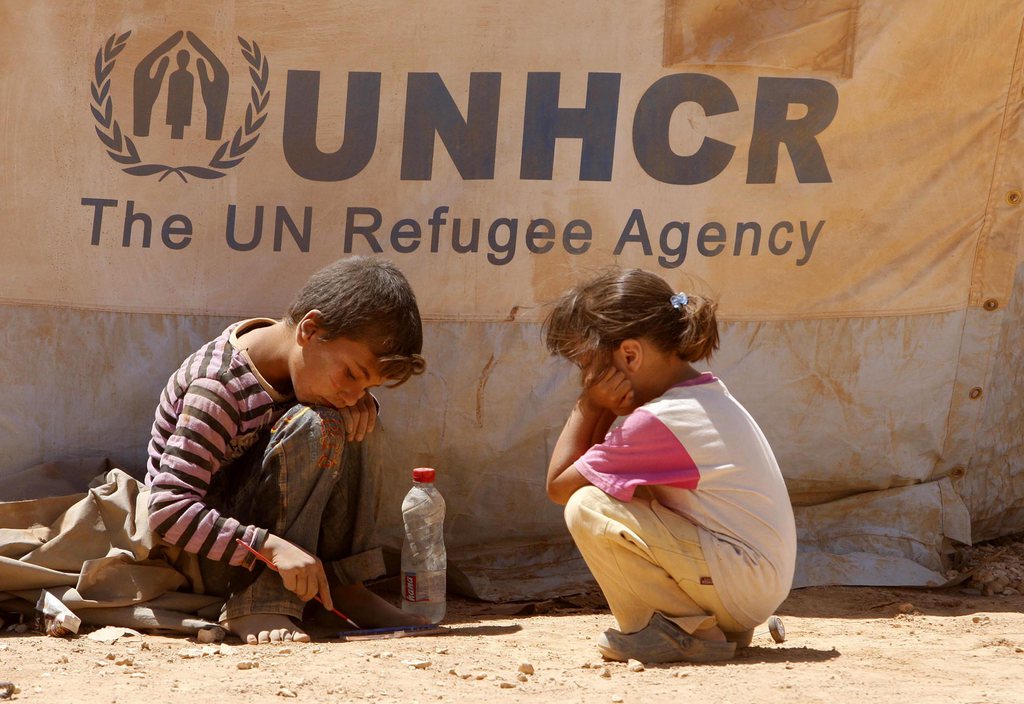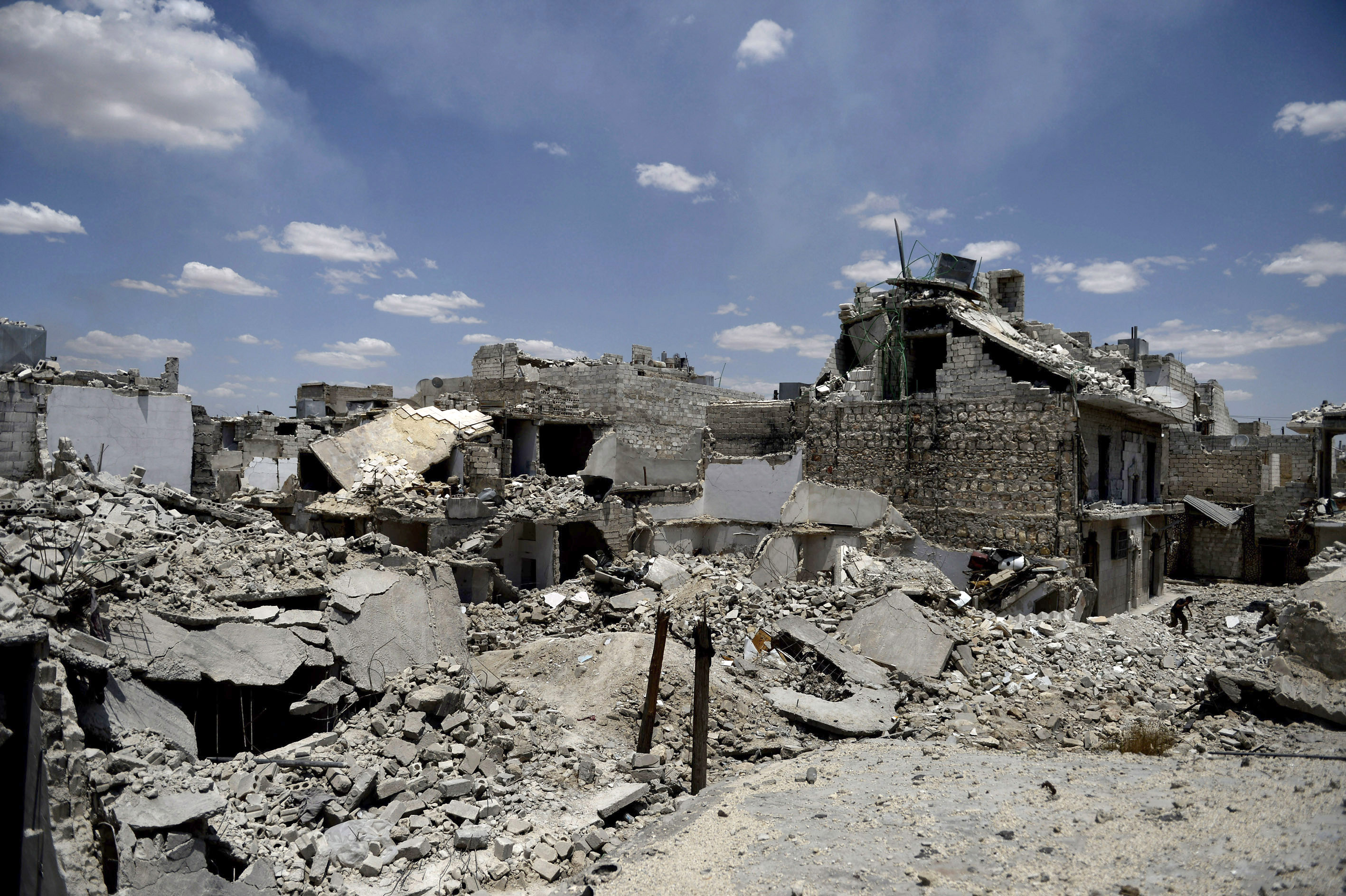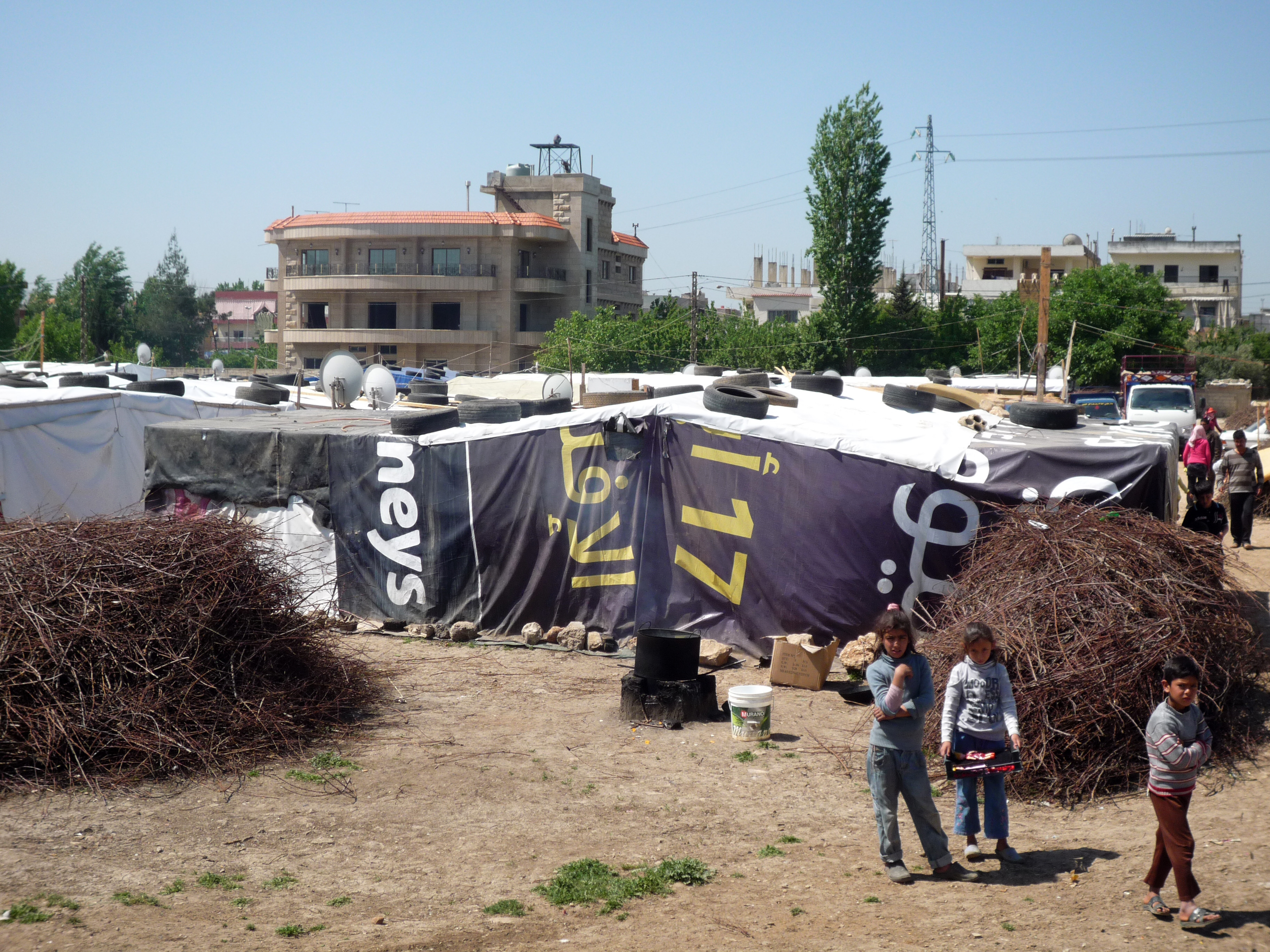Switzerland offers support for inquiry in Syria

Swiss Foreign Minister Didier Burkhalter has welcomed the extension of the United Nations mission’s mandate to investigate the alleged use of chemical weapons in Syria and offered the support of Switzerland’s specialised Spiez Laboratory.
Burkhalter on Monday discussed the current situation in Syria with Amhet Üzümcü, the director-general of the Organisation for the Prohibition of Chemical Weapons (OPCW), during a working visit to The Hague. Both sides expressed concern about the alleged use of chemical weapons and backed the decision to extend the UN inquiry to the outskirts of Damascus.
The Spiez Laboratory is one of 21 OPCW-designated laboratories worldwide. It places at the OPCW’s disposal data records to support analyses of chemical substances and regularly organises training courses for OPCW inspectors. The Swiss government laboratory would, for example, be able to conduct such analyses in Spiez if this were desired, Burkhalter confirmed.
In addition, Burkhalter renewed his appeal to the conflicting parties in Syria to renounce the use of chemical weapons and to comply with the obligations of international humanitarian law. He reminded the parties that the use of chemical weapons is forbidden under international law.
Switzerland supports OPCW’s activities, in particular the implementation of the Chemical Weapons Convention (CWC), which outlaws the possession of chemical weapons and monitors the destruction of existing stockpiles. It also contributed to negotiations and provides training for the protection against chemical weapons.
During the talks with Üzümcü, Burkhalter expressed Switzerland’s concern about the use of chemical agents, which incapacitate but do not necessarily kill. The use of such incapacitating chemical agents would undermine the objectives of the CWC.
The talks with Üzümcü are part of a working visit to the Netherlands, where Burkhalter also met his Dutch counterpart Frans Timmermans to discuss cooperation between Switzerland and the EU as well as Sang-Hyun Song, president of the International Criminal Court.
UN chemical weapons inspectors in Syria met and took samples from victims of an apparent poison gas attack in a rebel-held suburb of Damascus on Monday after the UN team themselves survived a sniper attack that hit a vehicle in their convoy.
With Western powers considering military strikes, despite vocal opposition from President Bashar al-Assad and his Russian and Iranian allies, any evidence to support rebel claims that government forces fired gas-laden rockets five days ago that killed hundreds of civilians will be a key element in arguments for peace or war.
Syria’s conflict has so far been met with international deadlock. The growing violence has killed more than 100,000 people, stoked regional sectarian violence, and revived Cold War-era divisions between Western powers and Russia and China.
Washington has faced growing calls for action in response to Wednesday’s attack, which came a year after President Barack Obama declared use of chemical weapons to be a “red line” which would require a firm response.
If the UN team obtains independent evidence, it could be easier to build an international diplomatic case for intervention. Former weapons investigators say every hour matters.

In compliance with the JTI standards
More: SWI swissinfo.ch certified by the Journalism Trust Initiative



You can find an overview of ongoing debates with our journalists here. Please join us!
If you want to start a conversation about a topic raised in this article or want to report factual errors, email us at english@swissinfo.ch.